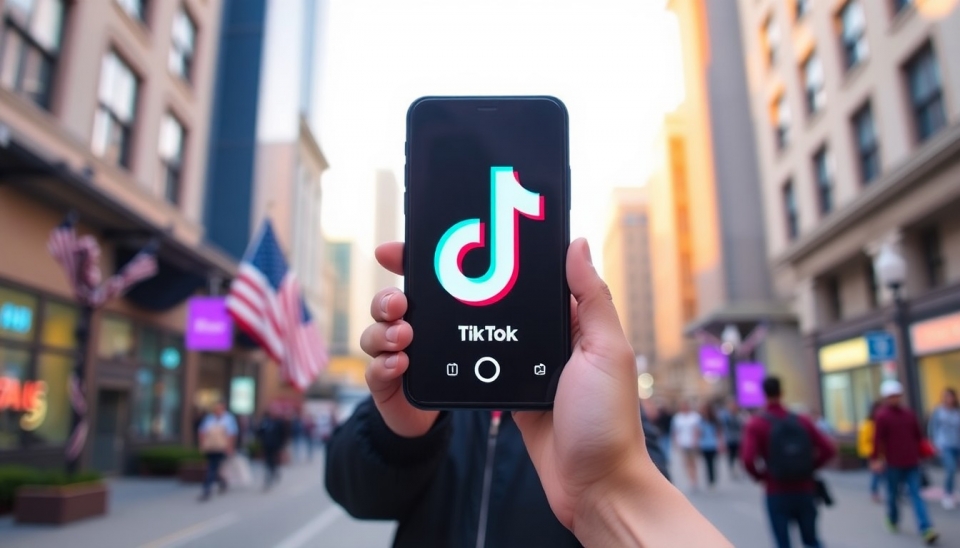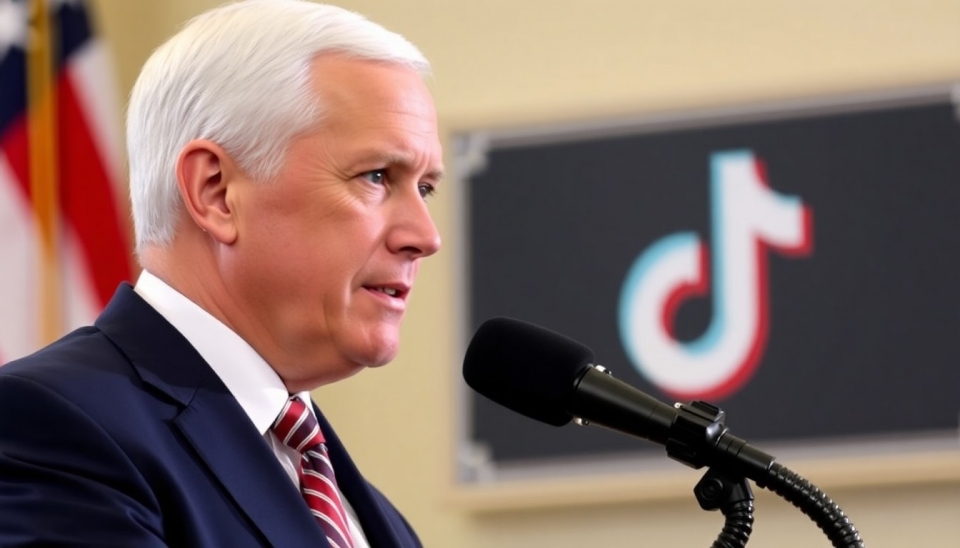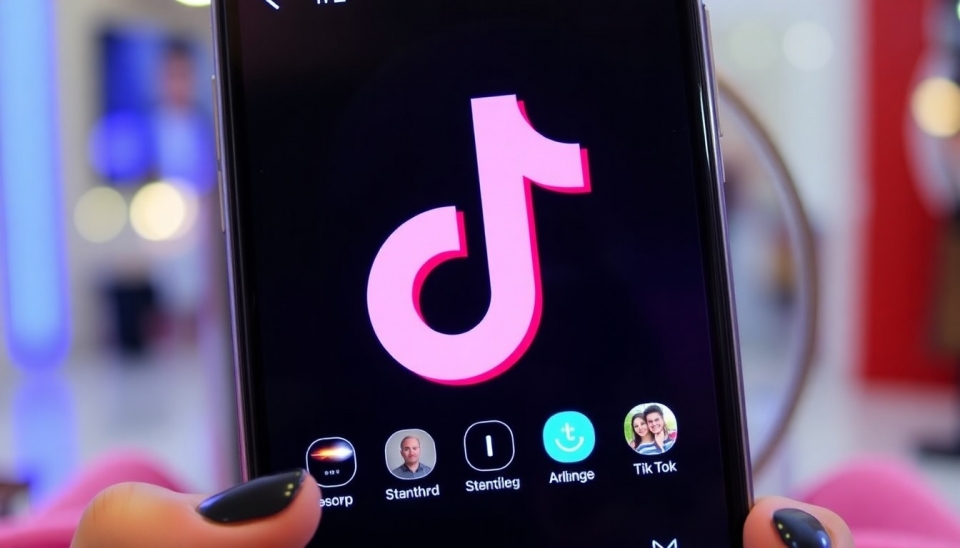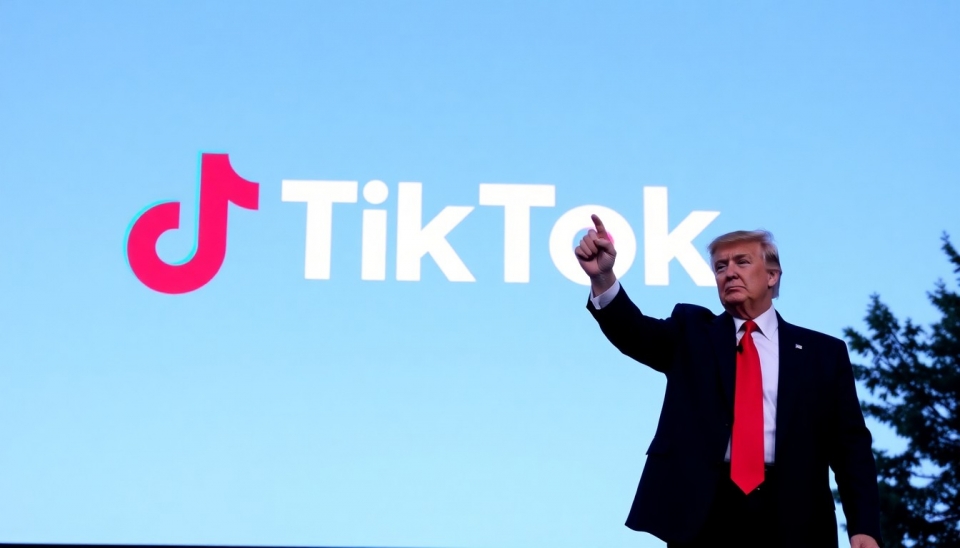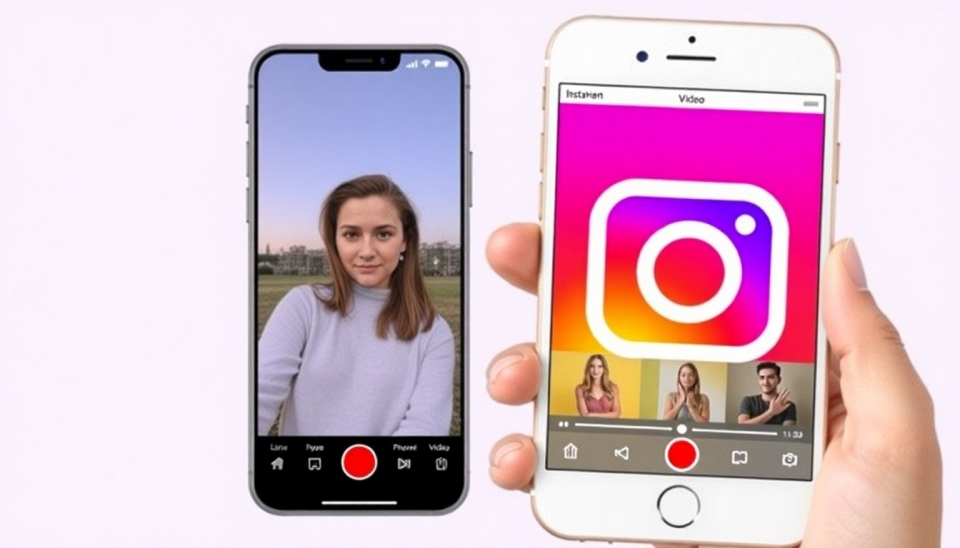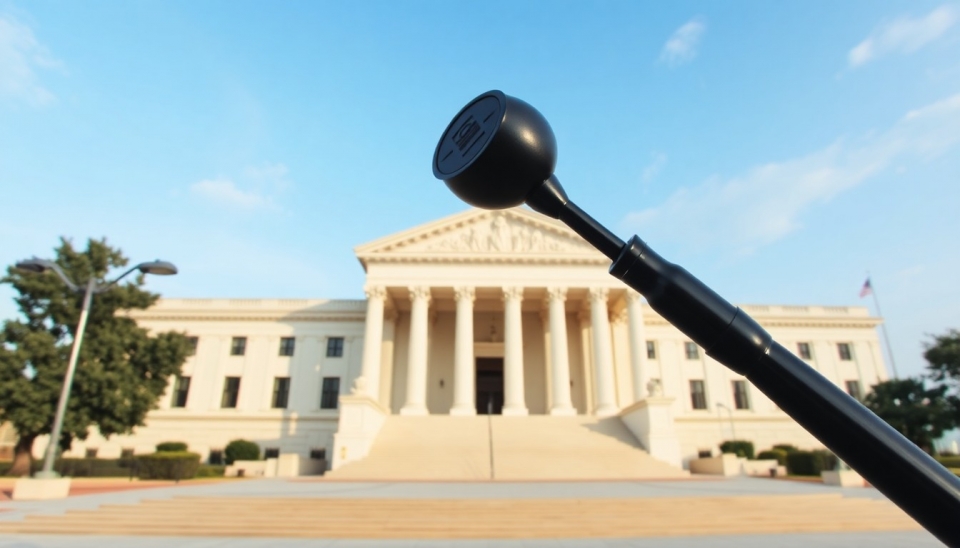
The U.S. Supreme Court has made a significant ruling that impacts millions of users and the future of social media in America. In a pivotal decision, the Court has upheld the ban on TikTok, a popular video-sharing platform that has garnered immense attention and usage across the country. This landmark ruling is set to reshape the digital landscape and raise critical questions about privacy, data security, and freedom of expression.
The legal battle surrounding TikTok has been ongoing, stemming from concerns regarding the app's Chinese ownership and the potential risks regarding user data security. As lawmakers and regulators scrutinize foreign tech companies, TikTok's status has become a focal point for discussions about corporate accountability and national security. The Supreme Court's ruling comes in response to appeals and challenges that sought to overturn previous lower court decisions which had initially validated the government’s authority to impose such a ban.
In the decision, the Court analyzed various factors, including the potential threats to national security and the implications for the digital rights of millions of Americans. The justices weighed the government's responsibility to protect its citizens against the rights of users to engage with global platforms. Ultimately, the ruling concluded that the interests of national security outweighed the arguments favoring TikTok's continued operation in the United States.
This ruling marks a historic moment not just for TikTok, but for the overall governance of social media platforms. It sends a clear message to other tech companies that their operations could be subject to similar scrutiny, setting a precedent for legislative action. Advocates of digital rights have expressed concerns that this decision could lead to further restrictions on online communication and content sharing, arguing that it stifles creativity and free speech.
Following the Supreme Court's decision, TikTok has stated its intention to explore all possible avenues for appeal, including a potential challenge in lower courts or initiating discussions with lawmakers to mitigate the impact of the ruling on its user base. The company has underscored its commitment to transparency and data privacy, seeking to reassure users about their data security practices.
As the situation continues to unfold, millions of TikTok users are left wondering about the future of the platform they have come to rely on for entertainment and connection. The public response has been mixed, with many users expressing their disappointment and concern over the loss of a significant avenue for creativity and self-expression in the digital age.
The TikTok ban serves as a critical reminder of the delicate balance between technology and governance. It underscores the need for continued dialogue between tech companies, lawmakers, and users about the safe and responsible use of digital platforms in a rapidly evolving landscape. As the nation navigates these unprecedented challenges, the implications of the Supreme Court's ruling will resonate far beyond just one app.
In summary, the Supreme Court's upholding of the TikTok ban is a watershed moment, igniting debates about privacy, freedom of expression, and the future of social media in the U.S. The decision could influence how tech companies operate and interact with users while also prompting conversations about the ethical responsibilities of digital platforms in a global marketplace.
As the country grapples with these complex issues, it remains to be seen how this decision will affect the tech industry and what measures will be enacted to address the mounting concerns regarding data use and protection.
#TikTokBan #SupremeCourt #DigitalRights #SocialMedia #DataPrivacy #NationalSecurity #TechIndustry #FreeSpeech #Innovation
Author: Emily Collins
